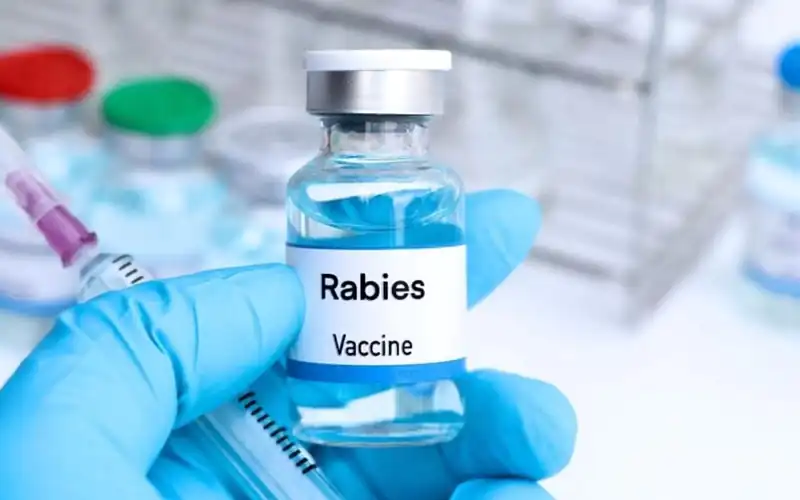Pakistan has developed its first-ever indigenous biomolecule to produce human anti-rabies vaccines, marking a critical step toward self-reliance in public health and immunization.
This milestone achievement comes from the Dow University of Health Sciences (DUHS), which announced the successful lab-scale formulation of a locally developed rabies vaccine using a purified and inactivated virus strain isolated within Pakistan.
The vaccine is now progressing toward clinical trial batch production for Drug Regulatory Authority of Pakistan (DRAP) approval.
For decades, Pakistan has relied entirely on imported vaccines, spending over Rs26 billion annually – a figure projected to rise to Rs100 billion by 2031, when global donor support from GAVI is expected to phase out.
According to health experts, dog bites contribute to an estimated 2,000 to 5,000 rabies deaths each year in Pakistan.
“This is the first human vaccine developed in Pakistan from a locally obtained biomolecule,” confirmed pharmaceutical industry officials. “It will significantly reduce our dependence on imported vaccines.”
Previously, DUHS had launched commercial production of the ‘Dow Rab’ vaccine using Chinese-supplied raw material. The recent development builds upon that initiative by eliminating foreign reliance entirely.
The project was implemented with support from the World Bank and the Higher Education Commission (HEC). DUHS’s announcement noted that the lyophilized vaccine formulation is now ready for further development and testing.
Once cleared by regulators, the vaccine could drastically cut import costs and ensure faster response to rabies cases.
Farooq Mustafa, Director at Macter International, speaking at Karachi University’s ICCBS, stressed the urgency of developing domestic vaccine capabilities.
“We lack seed banks, sufficient research programs, and clinical trial capacity. This breakthrough is a rare but vital moment to shift gears.”












